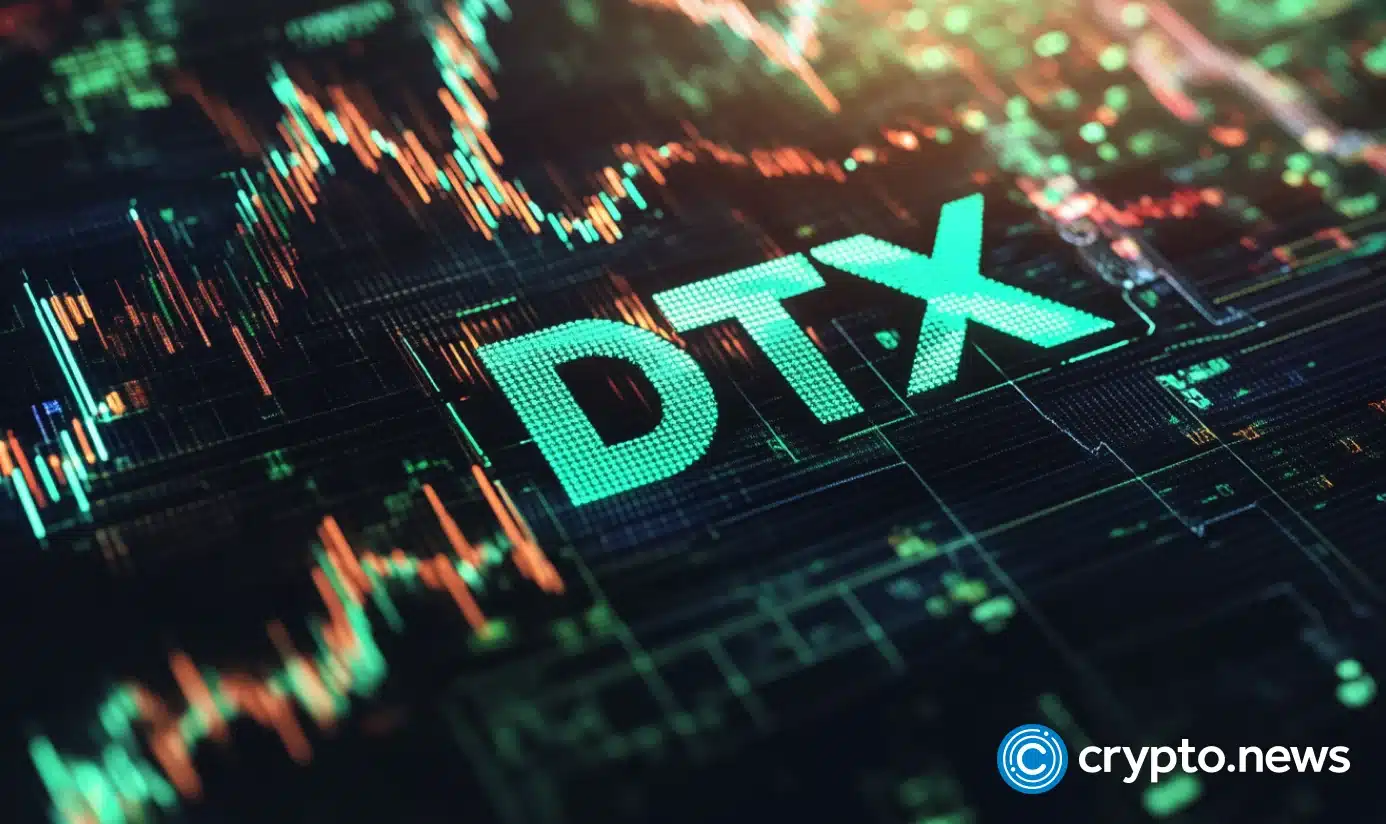Trump’s Plans for SEC Leadership
President-elect Trump has promised to remove Gensler, citing dissatisfaction with his regulatory approach. However, firing the SEC chair isn’t straightforward. Legal experts like Andrew Rossow suggest Trump would need to provide valid reasons, such as inefficiency or neglect, to dismiss Gensler.
Instead of outright dismissal, Trump could use executive powers to transfer the chair position to another SEC commissioner. Historically, SEC chairs often resign when a new administration takes office. If Gensler steps down, Trump would nominate a successor, requiring Senate approval. With a Republican majority, this process could move quickly.
Why a New SEC Chair Matters
Gensler’s SEC has enforced strict rules on crypto, including classifying staking as a security offering. A new chair might ease these restrictions, allowing ETF issuers to include staking rewards. This change could make Ether ETFs more attractive, benefiting both institutional and retail investors.
The Struggles of Ether ETFs
ETF Type | Inflow Example (Nov. 2023) | Total Assets Under Management (AUM) |
Spot Bitcoin ETFs | $1.1 billion | $25 billion |
Spot Ether ETFs | $86 million | $8 billion |
Experts believe the exclusion of staking rewards is a major factor in this underperformance. Federico Brokate of 21Shares notes that staking provides passive income, making ETFs more appealing. Without staking benefits, many potential investors remain hesitant.
The Role of Staking in Boosting Ether ETFs
Adding staking rewards could make Ether ETFs more competitive. Options for incorporating staking include:
- Offsetting Management Fees:
- ETF issuers will be able to use the staking yield to lower or eliminate fees entirely.
- Current fees range from 0.15% to 2.5%, depending on the issuer.
- Passing Rewards to Investors:
- Investors could receive staking benefits indirectly through pooled ETF assets.
Even modest yields could make a difference. For instance, a 1% annual yield combined with 0% fees could attract more investors. With Ethereum’s staking yield averaging 3.5% annually, the potential for returns is significant.
Ethereum’s Branding Challenge
Bitcoin remains the better-known cryptocurrency among institutional investors, making it easier to market BTC ETFs. Ethereum’s narrative is more complex, which hinders adoption. Allowing staking on ETH ETFs could provide the clear differentiator needed to boost investor confidence.
Challenges to Staking Regulation
While a new SEC chair might take a more lenient stance, significant challenges remain. The SEC currently views staking as an investment contract, subject to securities laws. This classification requires compliance with registration and disclosure requirements.
Even with leadership changes, regulatory shifts could take time. The chair needs majority support from SEC commissioners to change policies or drop ongoing cases.
Recent SEC Enforcement Actions
Under Gensler’s leadership, the SEC pursued actions against companies offering staking services. For instance:
- Kraken: Paid a $30 million fine in February 2023 to settle charges.
- Coinbase: Chose to contest the SEC’s allegations in court.
A new chair may settle such cases under more favorable terms for defendants. However, the SEC alone cannot prevent criminal actions from other entities, such as the Department of Justice, or private lawsuits from individuals.
A Potential Catalyst for Ethereum
If staking rewards become part of ETH ETFs, it could transform the market. Lower fees, passive yields, and increased adoption might drive Ether’s price higher. However, these changes depend on the SEC’s regulatory stance under new leadership.
The crypto community remains hopeful, viewing a new SEC chair as a step toward a more supportive environment for Ethereum and the broader digital asset industry.
Remember, investing in cryptocurrencies involves risks, and it’s important to conduct thorough research and seek professional advice before making any financial decisions. (Please keep in mind that this post is solely for informative purposes and should not be construed as financial or investment advice.)

















 English (US) ·
English (US) ·